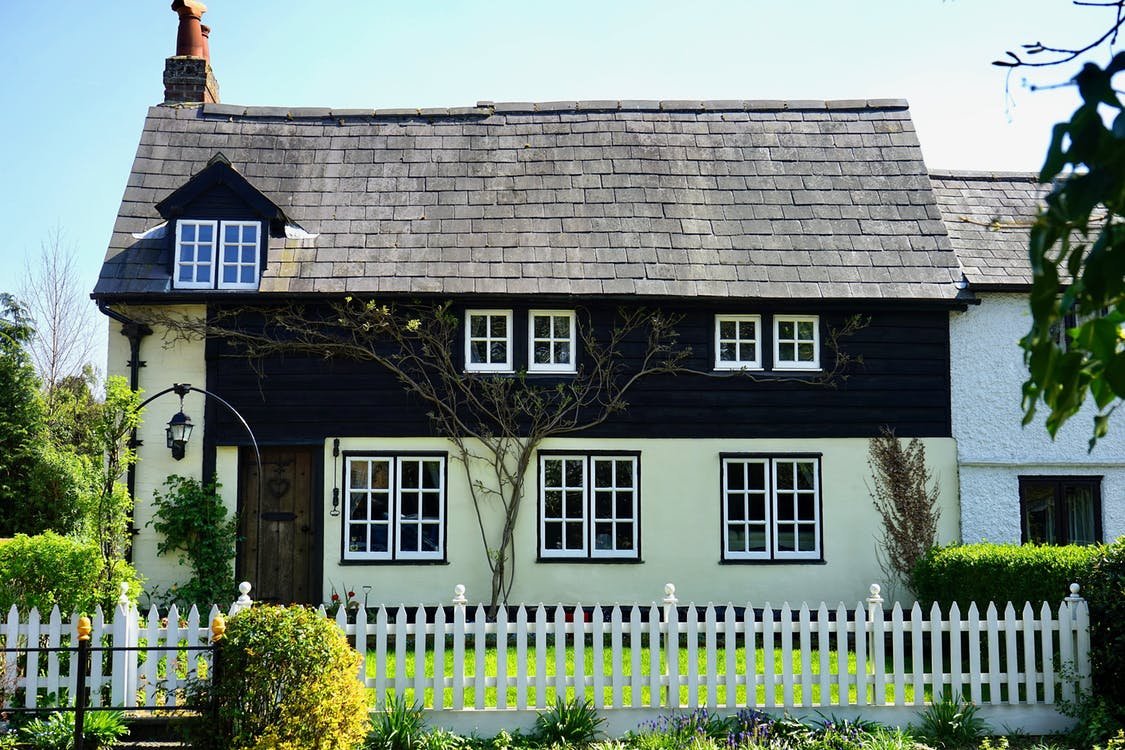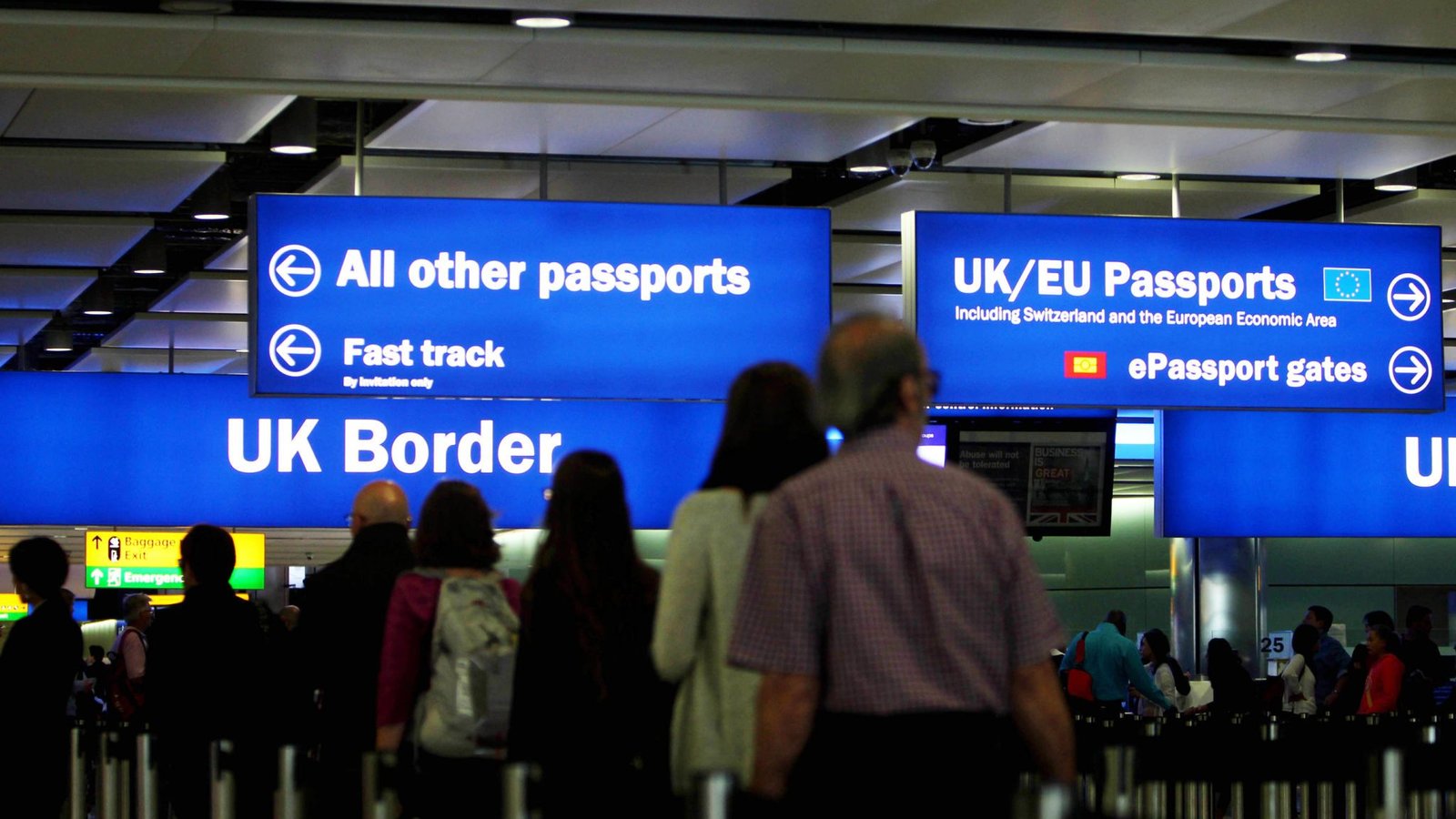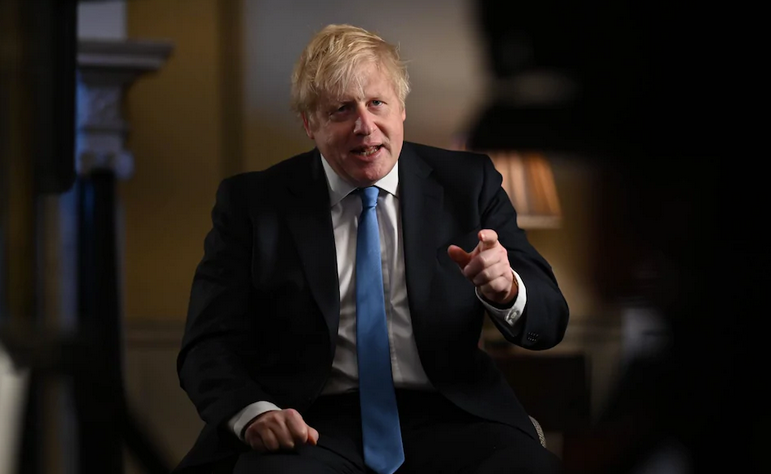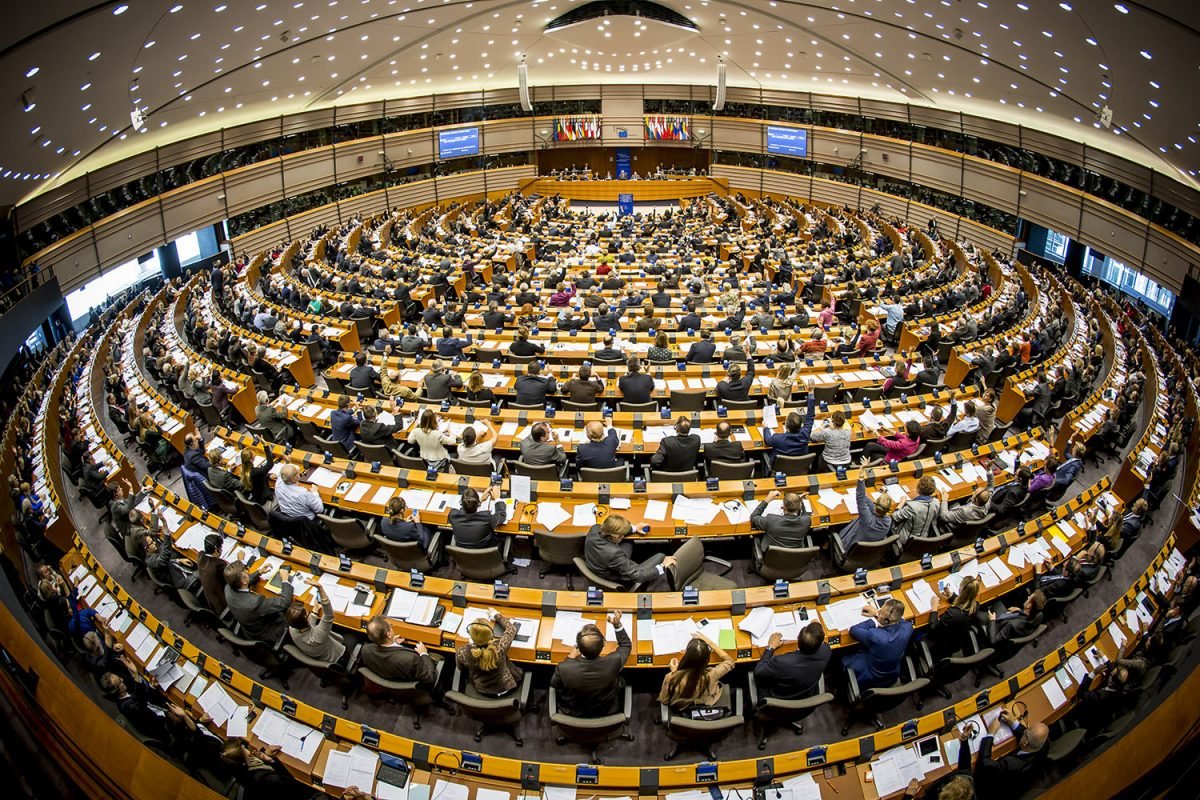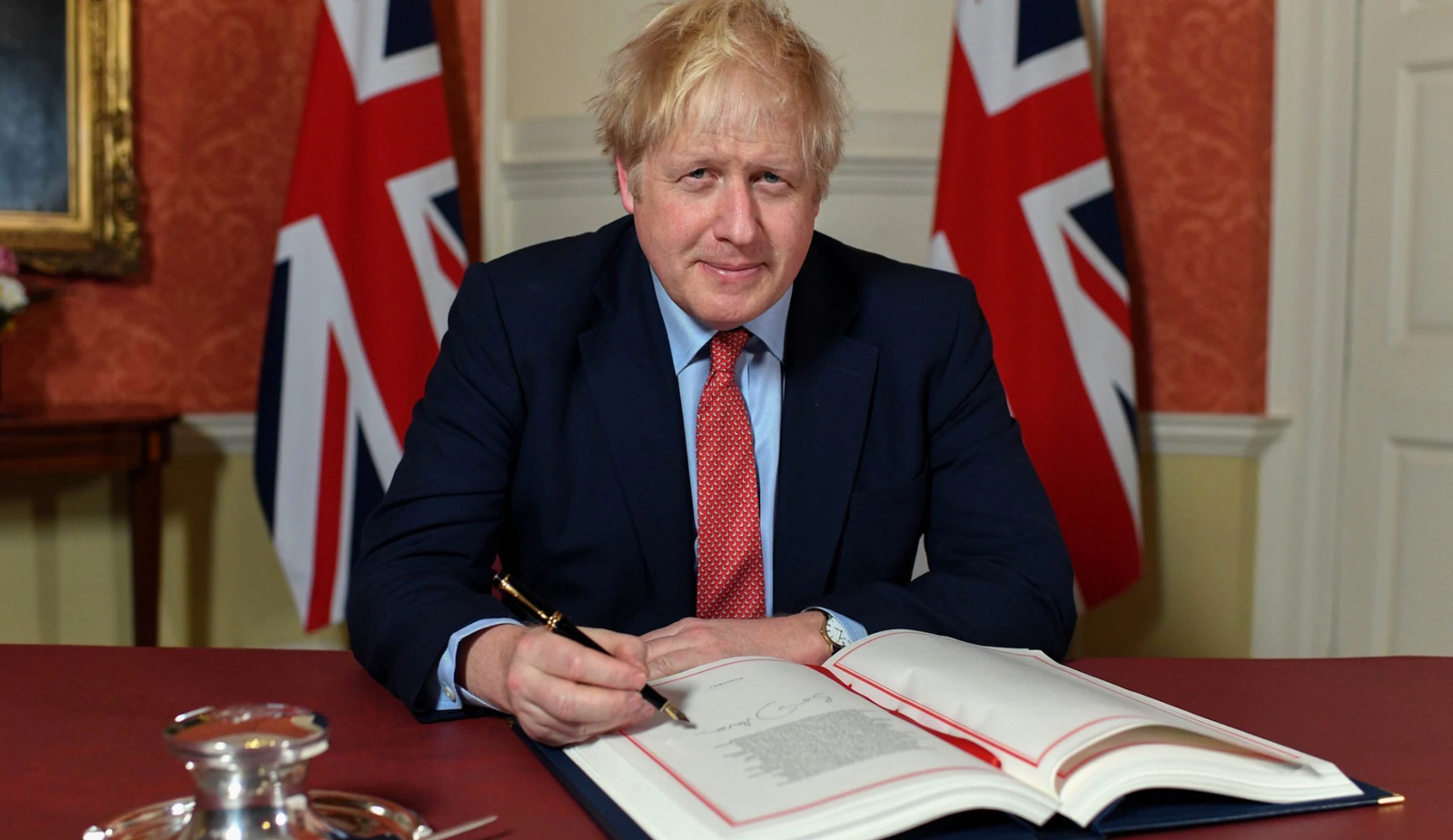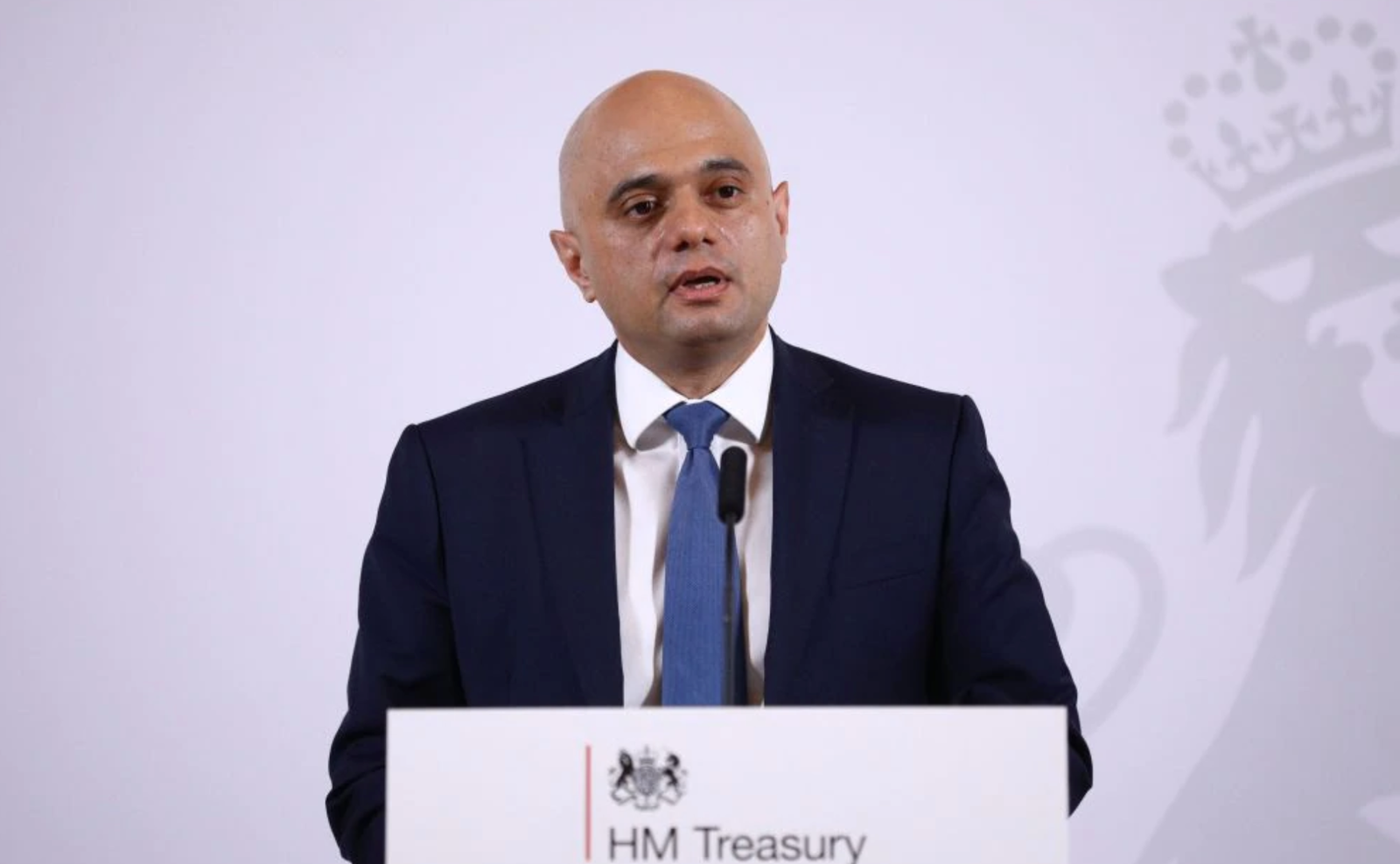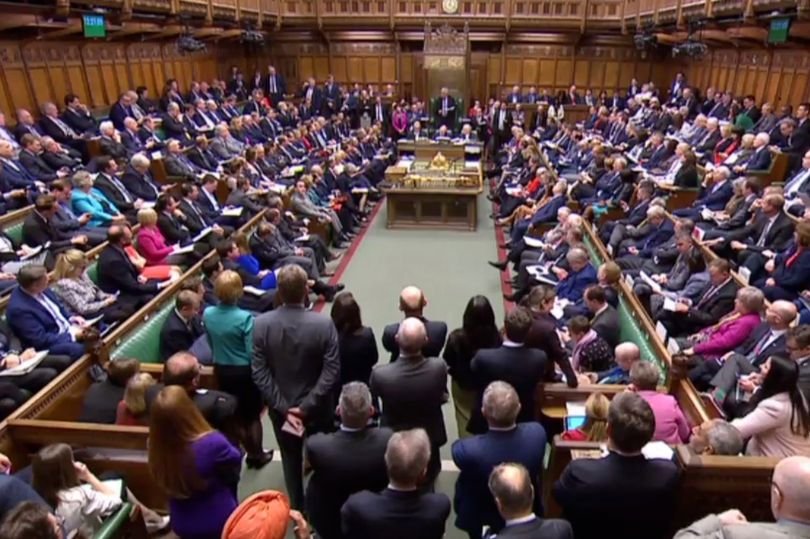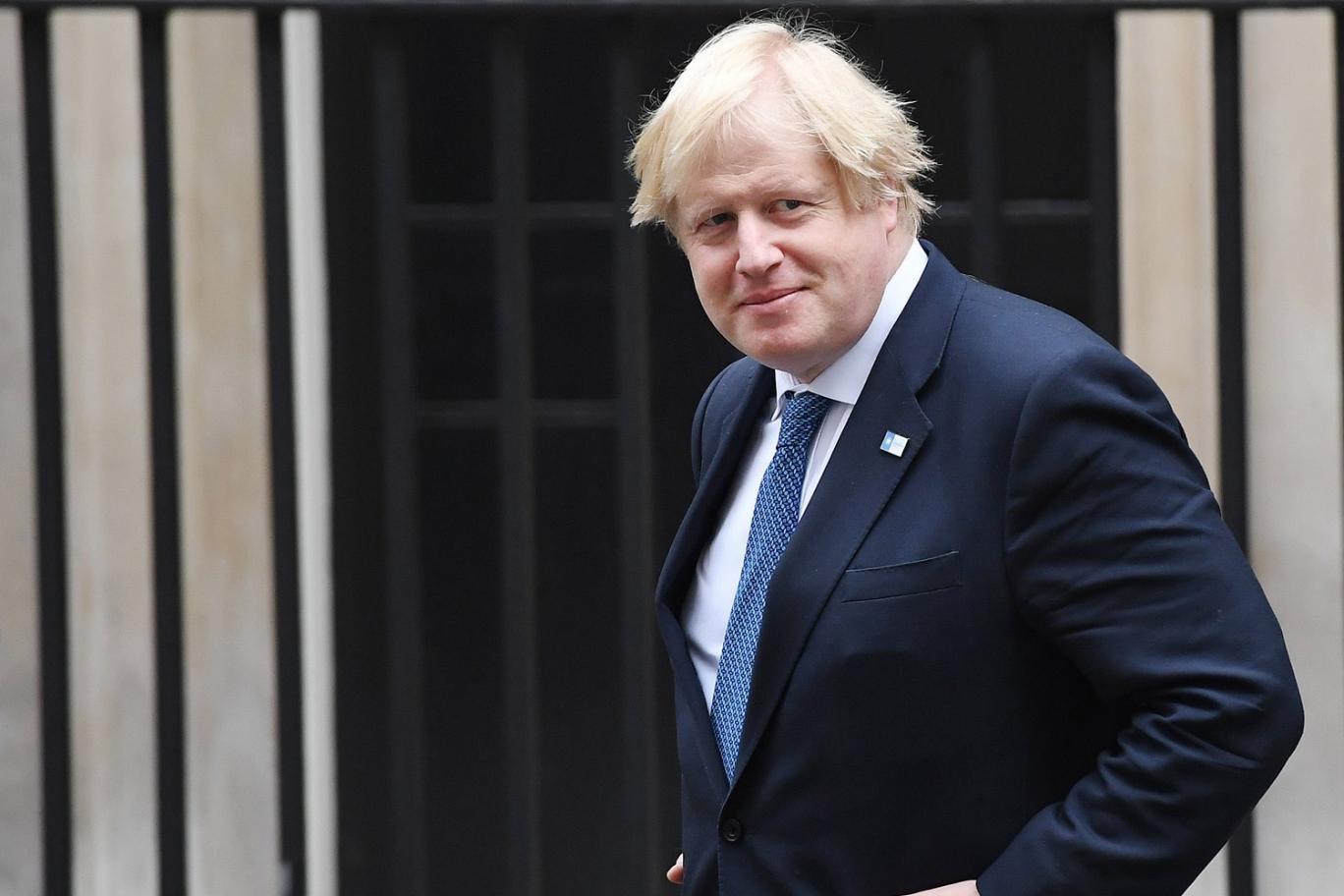Uncertainty around when the UK will leave the EU, and under what terms it may happen is causing the property market extreme anxiety. The resilience of Britain’s housing market since the referendum to leave the EU has confounded warning from former finance minister George Osborne of a sharp fall in prices if the country voted to leave. Furthermore, with price growth slowing year-on-year, and transactions down by 16.5%, rumours of a rate cut in the next few months could create further confusion. Prices are expected to fall further following a no-deal Brexit, with as much as 20% in the worst-case scenario.
The potentially vulnerable state of the property market, with Brexit looming darkly on the horizon, could see the biggest falls in London and Northern Ireland. Accounting firm KPMG outlines that house prices could fall between 5.4% and 7.5% across various regions next year if Downing Street doesn’t reach an agreement with Brussels by 31st October. Prices have generally slumped since the referendum in 2016 and fell for the first time since the 2009 recession. However, should Johnson reach an agreement, KPMG suggested that house prices would continue to rise in 2020 by 1.3%, with the north-west expected to experience the fastest growth.
The average UK house price was around £230,000 in June of this year, which was £2,000 higher than the same period last year in June. The Office of National Statistics noted that the average UK house prices increased by 0.7% between May 2019 and June 2019, compared with a rise of 0.7% in average prices during the same period last year. Prices also fell by 2.7% in June 2019, less than the 3.1% fall in May of this year, with further fluctuations in July and August. FXCM’s economic calendar shows that housing prices have decreased to 3.4% in August from 4.1% in July, showing how volatile the market has become. Despite such erratic fluctuations, looking at the trends, house price growth in the UK has generally slowed since mid-2016 following the referendum.
The general declines have been led by London, where the average price of London homes fell by an astounding 32% in the first half of this year, compared to the previous year. Nevertheless, both residential and commercial property sales have been hit by the uncertainty surrounding Brexit. While prices are still slowly rising, Brexit has dramatically slowed the pace of growth. Yet, the Brexit panic and the uncertainty it has caused in the real estate market may be just baseless fears of a highly emotional market. A report from international property real estate group JLL, notes that even if the UK leaves the EU, housing markets will not plummet as demand will still continue to exceed supply. Additionally, a weaker pound would make assets cheaper abroad and prompt a surge in foreign investment. The drop in prices has also benefited those looking to get into the housing market for the first time and face a good opportunity to negotiate a relative bargain if they can set aside the Brexit distractions.
